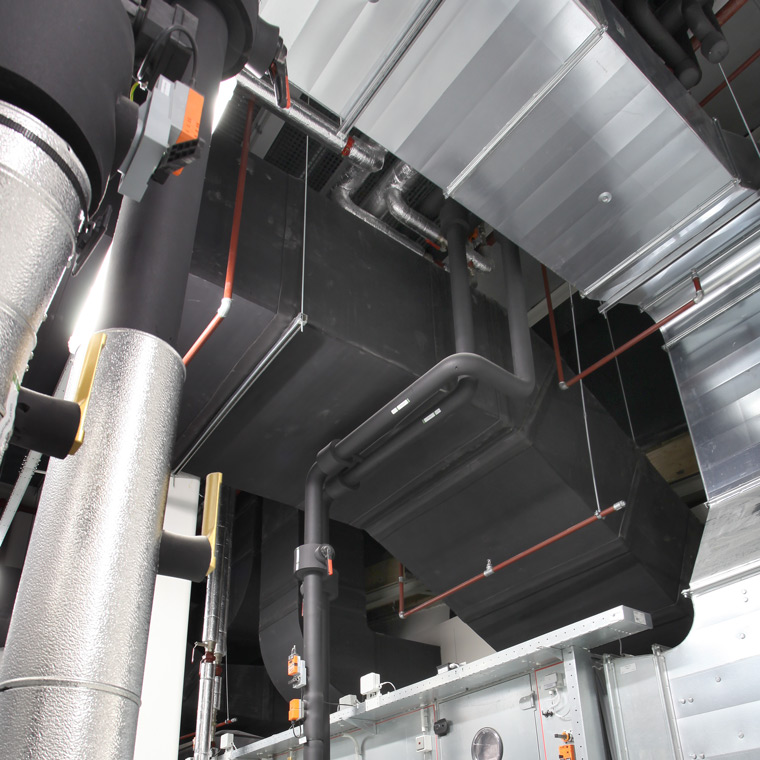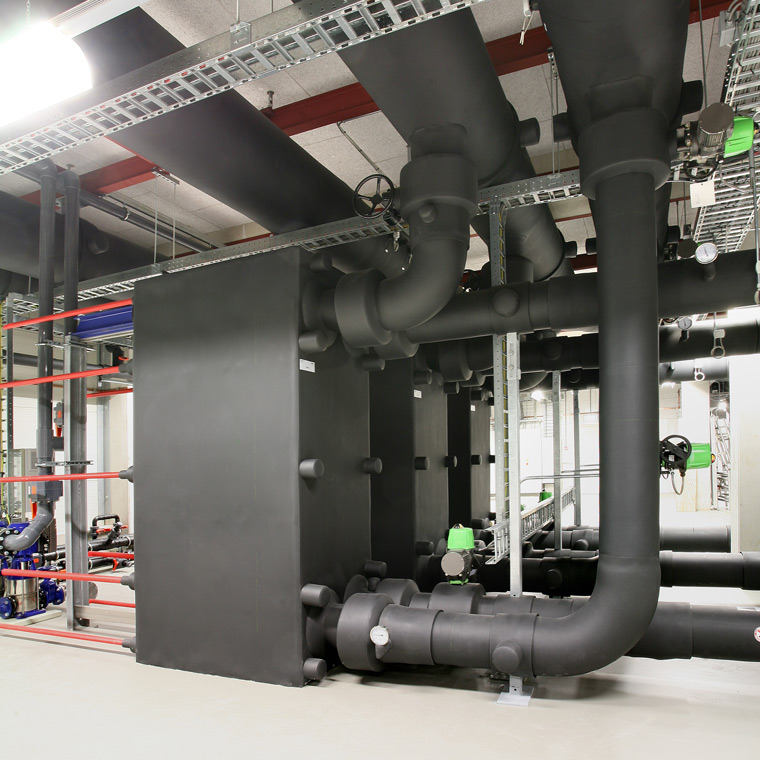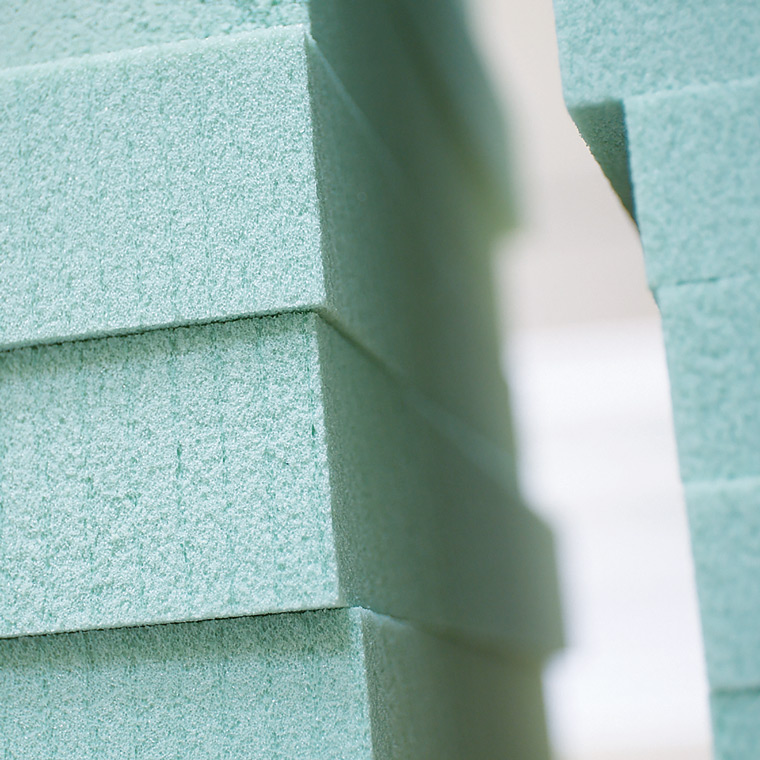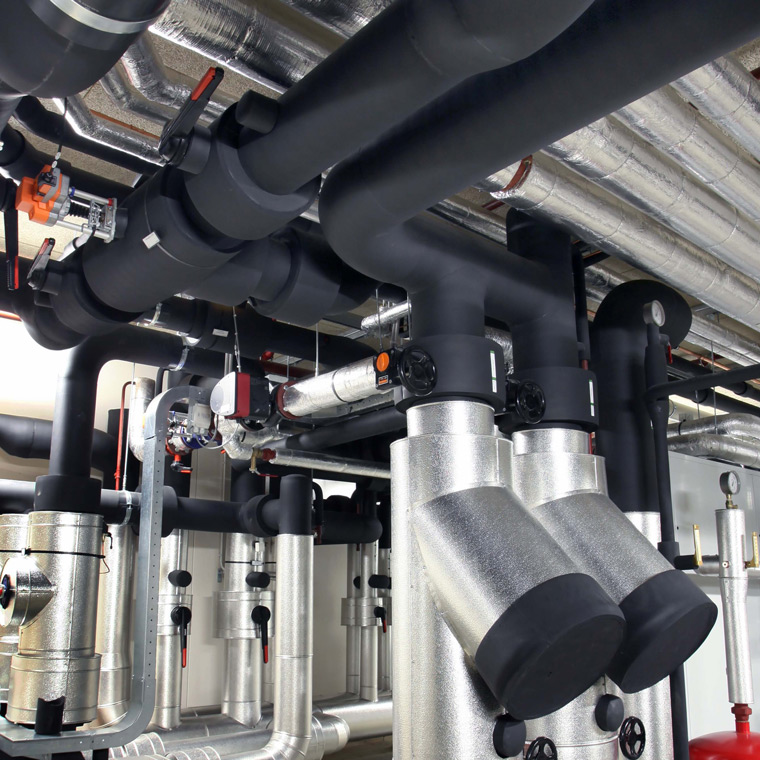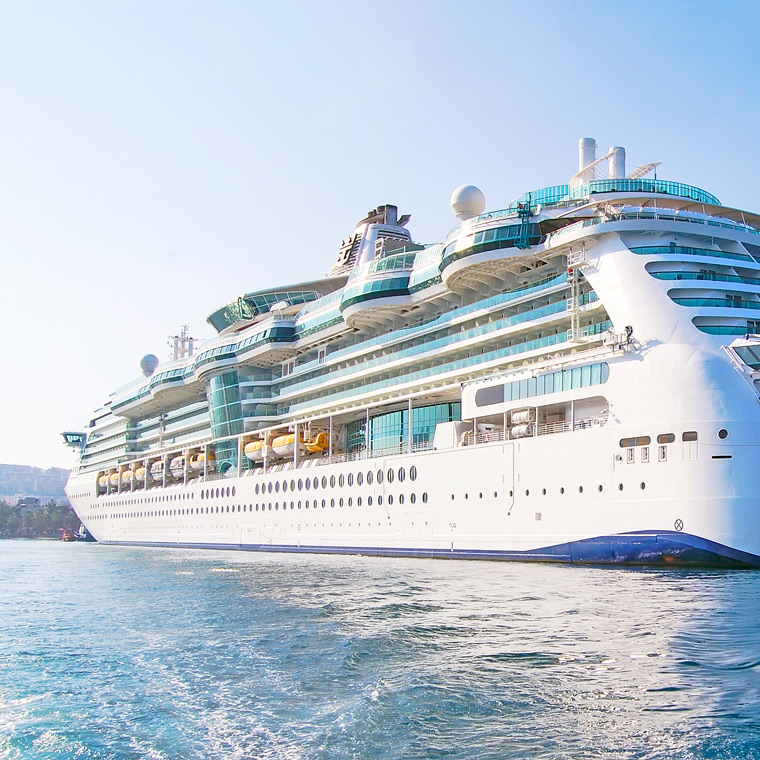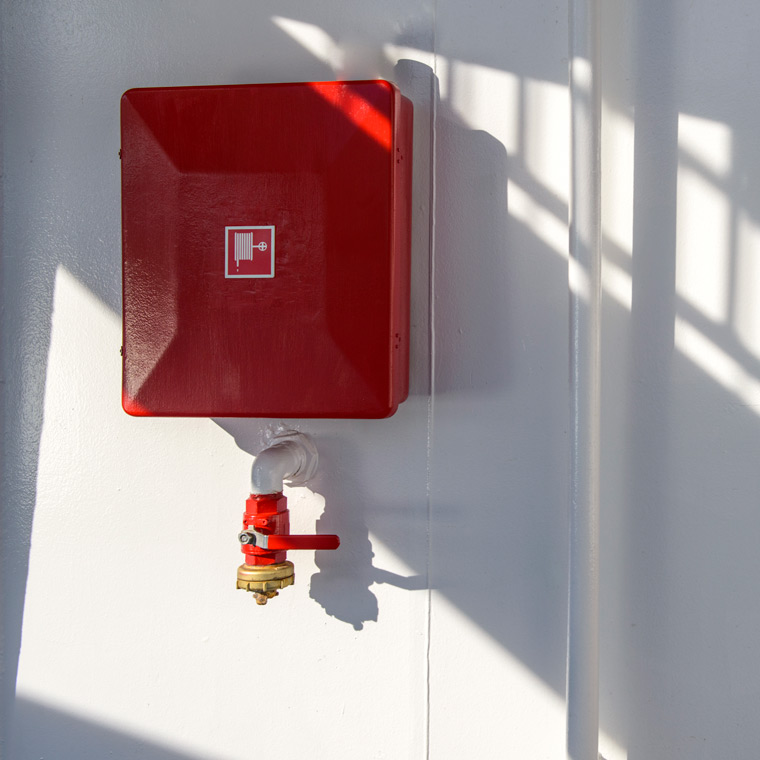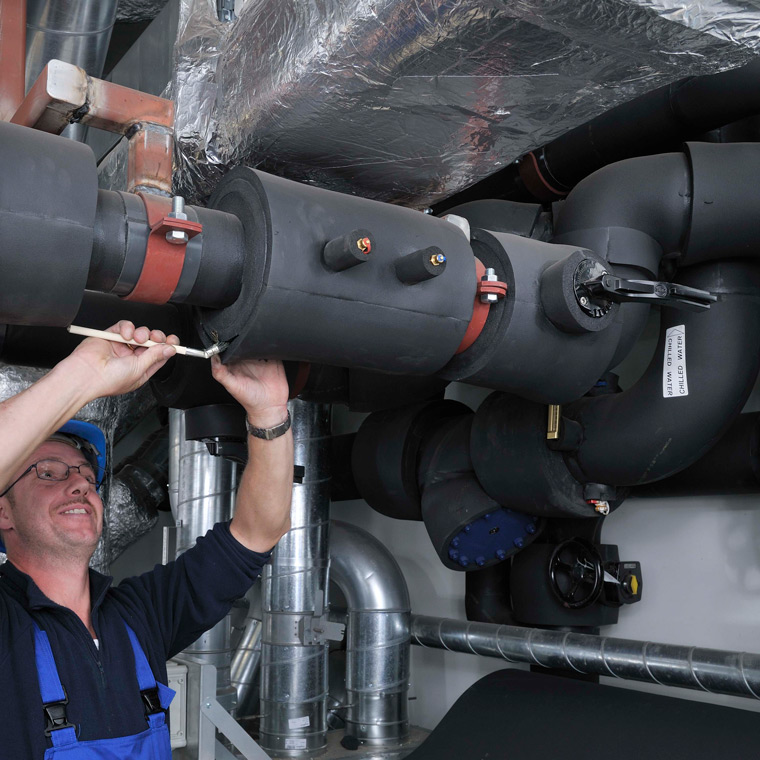Marine Transportation
Protecting passengers, mechanical equipment, and stored goods in maritime environments.
Solutions across the entire range of vessels
Did you know that insulating mechanical equipment on maritime vessels is one of the simplest and most efficient measures to save energy? Our insulation solutions reduce energy costs for operators and tackle climate change by preventing CO2 emissions. They ensure rapid amortisation and minimise the risk of downtime due to unplanned maintenance work. Our thermal and acoustic insulation systems increase energy efficiency, enhance fire safety on board and maximise cruising comfort. Beyond insulation, our high-performance core foams for composite sandwich applications serve as structural components for sport boats, yachts and fishing vessels. Whether reinforcing hull bottoms, stringers, or bulkheads submerged beneath the waterline or enhancing the rigidity of decks and cabin interiors above it, PET foam core material is emerging as a preferred choice over traditional materials in marine composite structures.
Secure passenger comfort on cruise liners and ferries
Passenger comfort takes centre stage alongside environmental responsibility and energy efficiency on passenger ships. Striking a balance between fuel savings and top-tier experiences, operators rely on high-quality insulation materials. Notably, air-conditioning and refrigeration systems consume a significant amount of energy, accounting for 30 to 40 percent of the energy consumption on cruise ships, while also producing sound. By effectively preventing energy losses, lightweight closed-cell foams ensure optimal system performance at minimised acoustic levels. Our low-smoke elastomeric insulation and passive fire protection solutions play a crucial role in enhancing passenger safety on cruise liners and ferries, and the refrigeration of food and beverages. For maximum cruising comfort, our acoustic solutions ensure excellent performance at minimal thickness and weight. Our next-generation aerogel insulation features reduced thickness yielding a thin profile that allows use in tight spaces common on any type of craft. With superior insulation properties and a thin and lightweight design, these materials offer new solutions for innovative space-saving designs on board of all types of ships.
Optimise cost-efficiency of leisure yachts with PET-based composites
Building robust, energy-efficient boats and yachts demands innovative approaches. Modern composite materials, particularly PET-based composites, are essential to achieving these goals. Leveraging the attributes of fibre-reinforced polymer (FRP) composite structures, PET-based materials consistently outperform conventional materials across parameters, such as durability, material efficiency and maintenance costs. Opting for polymeric foam core materials based on recycled PET is a strategic choice. As structural components, they offer a higher degree of freedom in design while contributing to improved efficiency and durability.
Navigate stringent fire safety standards
Fire safety is a key concern to specifiers due to the potential risks to crew and passengers. Our highly flexible, low-smoke insulation materials help operators prioritise passenger and worker safety. Characterised by high elasticity in a broad temperature range, our passive fire solutions withstand fully developed fires throughout a significant timespan. Our reliable firestop solution for sealing off pipe penetrations guarantees reliable fire safety in all A-class divisions (A-60 class decks and bulkheads) without the need for any complicated additional measures.
Control condensation in confined spaces
Insulation of pipes, ducts and machinery in marine applications is subject to strict requirements. High humidity levels and confined spaces dictate solutions that ensure long-term reliable condensation control and simplify installation processes – from sizeable mechanical equipment in storage units to the tightest corners of maritime vessels. In these conditions, conventional open-cell materials are not an option, and cladding can rust or fall apart leaving the insulation exposed. Closed-cell solutions offer excellent moisture resistance and prevent condensation build-up on pipes, tanks, and equipment. This minimises the risk of damage caused by condensation-related issues such as corrosion and mould growth.





